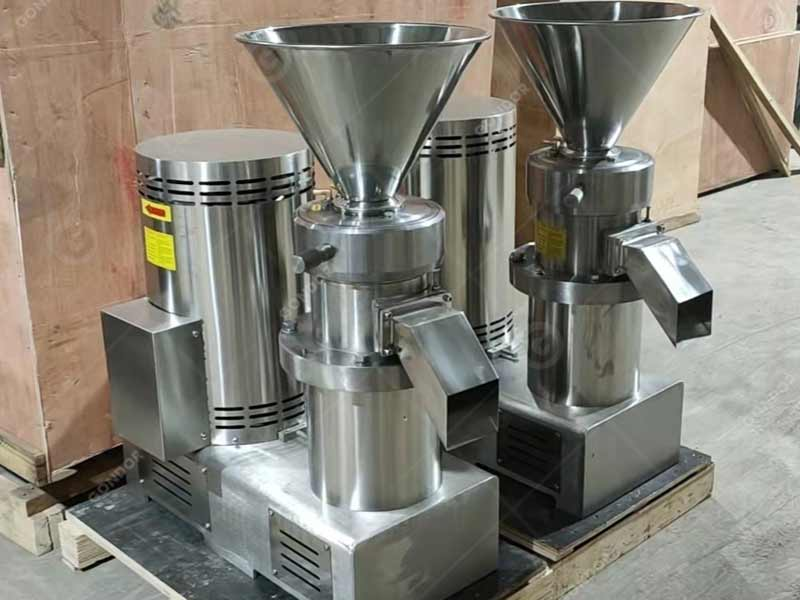How Automatic Labeling Equipment is Streamlining Modern Manufacturing
- Admin

- Oct 3, 2024
- 3 min read
In today’s fast-paced production environments, automatic labelling equipment has become a game-changer, revolutionising the way products are packaged and presented across industries. These machines have taken the manual labour out of labelling, increasing speed, precision, and overall efficiency on the production line. From pharmaceuticals to food and beverage sectors, automatic labellers are essential in maintaining high standards, reducing errors, and maximising output.
Enhancing Production Efficiency
One of the most notable benefits of automatic labelling equipment is the improvement it brings to production efficiency. Where manual labelling can be slow and prone to inconsistencies, these machines operate at a much faster pace, applying labels to products continuously without stopping the production flow. This means businesses can meet tighter deadlines, fulfil larger orders, and accommodate increasing demand without the bottlenecks associated with manual processes.
Automatic labellers work seamlessly with other machinery in a production line, such as filling and sealing machines. This integrated approach ensures that products are labelled as part of the manufacturing process, reducing downtime and increasing overall productivity. For industries with high-volume outputs, such as food packaging, this is particularly valuable.
Reducing Human Error
In any production process, human error is a significant factor that can lead to costly mistakes, especially in labelling. Mislabelled products can result in fines, recalls, or a damaged reputation. Automatic labelling equipment eliminates these risks by ensuring that each label is applied with pinpoint accuracy.
By automating the labelling process, businesses can ensure that every product is consistently labelled according to precise specifications. Whether it’s positioning, alignment, or applying labels to different shapes and sizes, these machines offer versatility and reliability that far exceed manual labour. This consistency is crucial in industries like pharmaceuticals, where correct labelling is critical to consumer safety.
Boosting Output and Reducing Costs
While the upfront investment in automatic labelling equipment might seem significant, the long-term benefits in cost savings and increased output far outweigh the initial expenditure. With higher labelling speeds, manufacturers can produce more in less time, reducing per-unit costs and boosting profit margins.
Additionally, automatic labellers are designed to minimise waste. Misapplied or crooked labels can result in discarded products, but the precision of these machines ensures fewer mistakes, leading to less wastage and more efficient use of resources. For companies operating in competitive markets, this improved cost-effectiveness is a key advantage.
Versatility Across Industries
One of the major selling points of automatic labeling equipment is its versatility. These machines can be customised to meet the specific needs of different industries, whether it’s applying pressure-sensitive labels to bottles in a beverage factory or affixing barcode labels to electronic products.
For businesses that deal with a wide range of products, automatic labellers can be adjusted to handle various shapes, sizes, and materials. This adaptability is crucial in fast-evolving industries where product lines can change frequently, and the demand for flexibility is high.
Sustainable Solutions
Another emerging trend is the integration of sustainable practices into the design of automatic labeling equipment. Many machines are now built to operate with eco-friendly materials, such as recyclable or biodegradable labels, and are designed to be energy-efficient. This allows businesses to reduce their environmental footprint while maintaining high standards of production.
As consumers become more environmentally conscious, this focus on sustainability can also enhance a company’s reputation and appeal to a broader customer base, all while maintaining high efficiency in the production process.
Conclusion: The Future of Labeling
As technology continues to advance, the role of automatic labeling equipment in modern manufacturing is only set to grow. By increasing efficiency, reducing errors, and supporting sustainable practices, these machines offer a comprehensive solution to the challenges of modern production lines. For businesses looking to improve their operations, investing in automatic labellers is an investment in quality, consistency, and long-term profitability. Whether you are a small business or a large enterprise, the benefits of these machines are clear: they streamline processes, reduce costs, and ultimately enhance the bottom line.









Comments